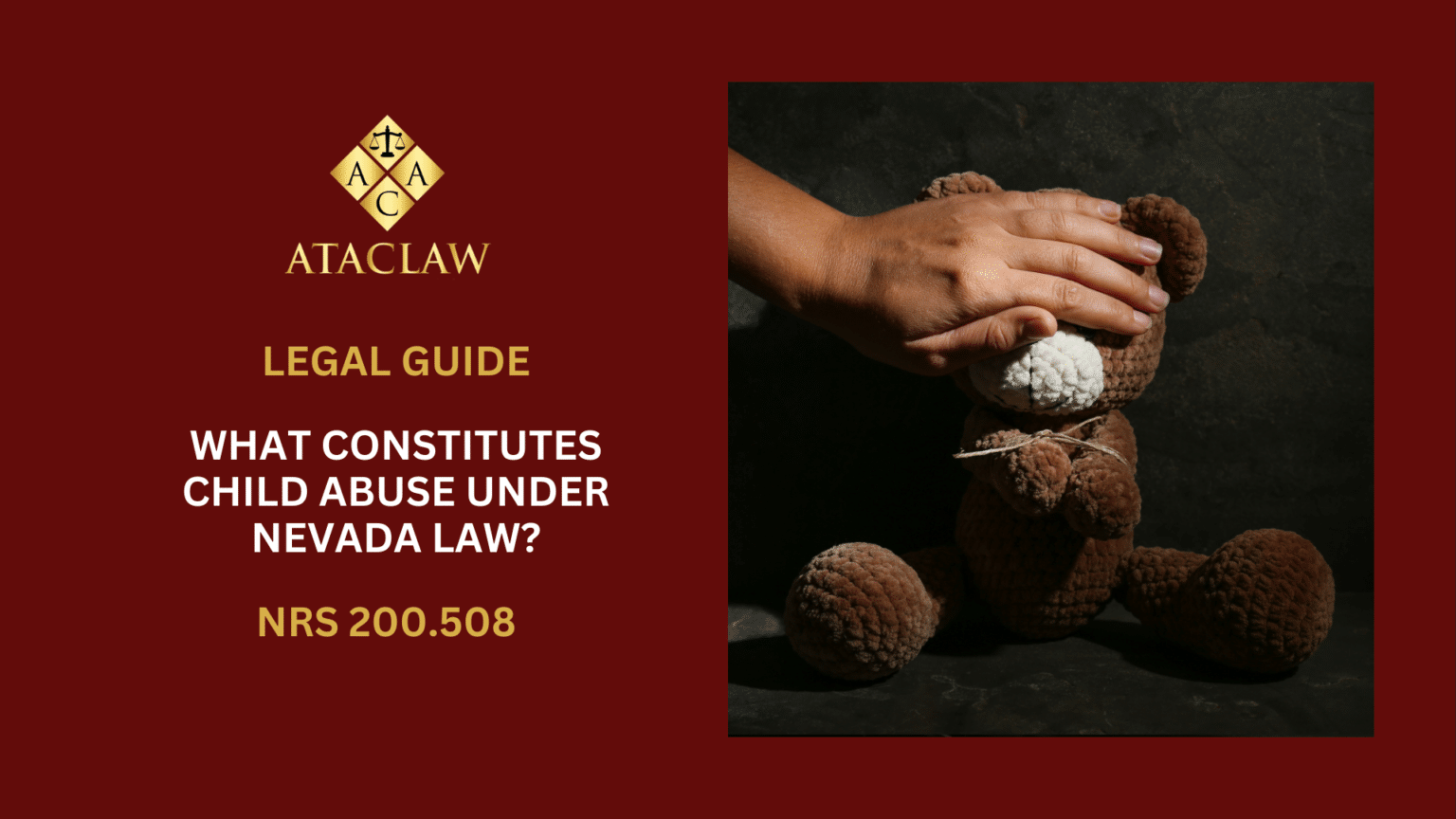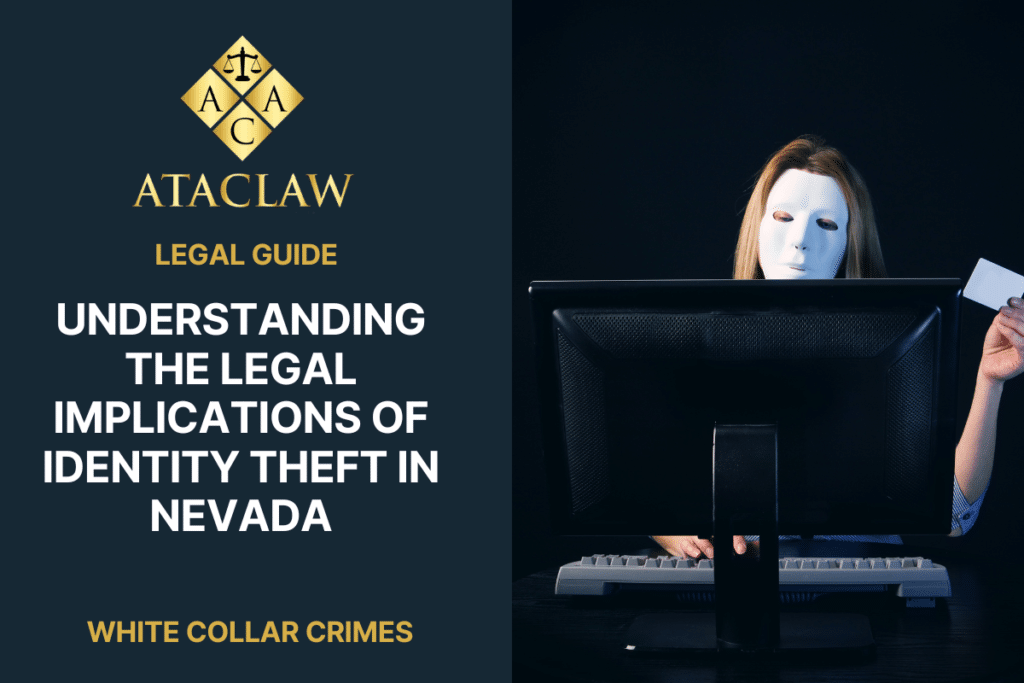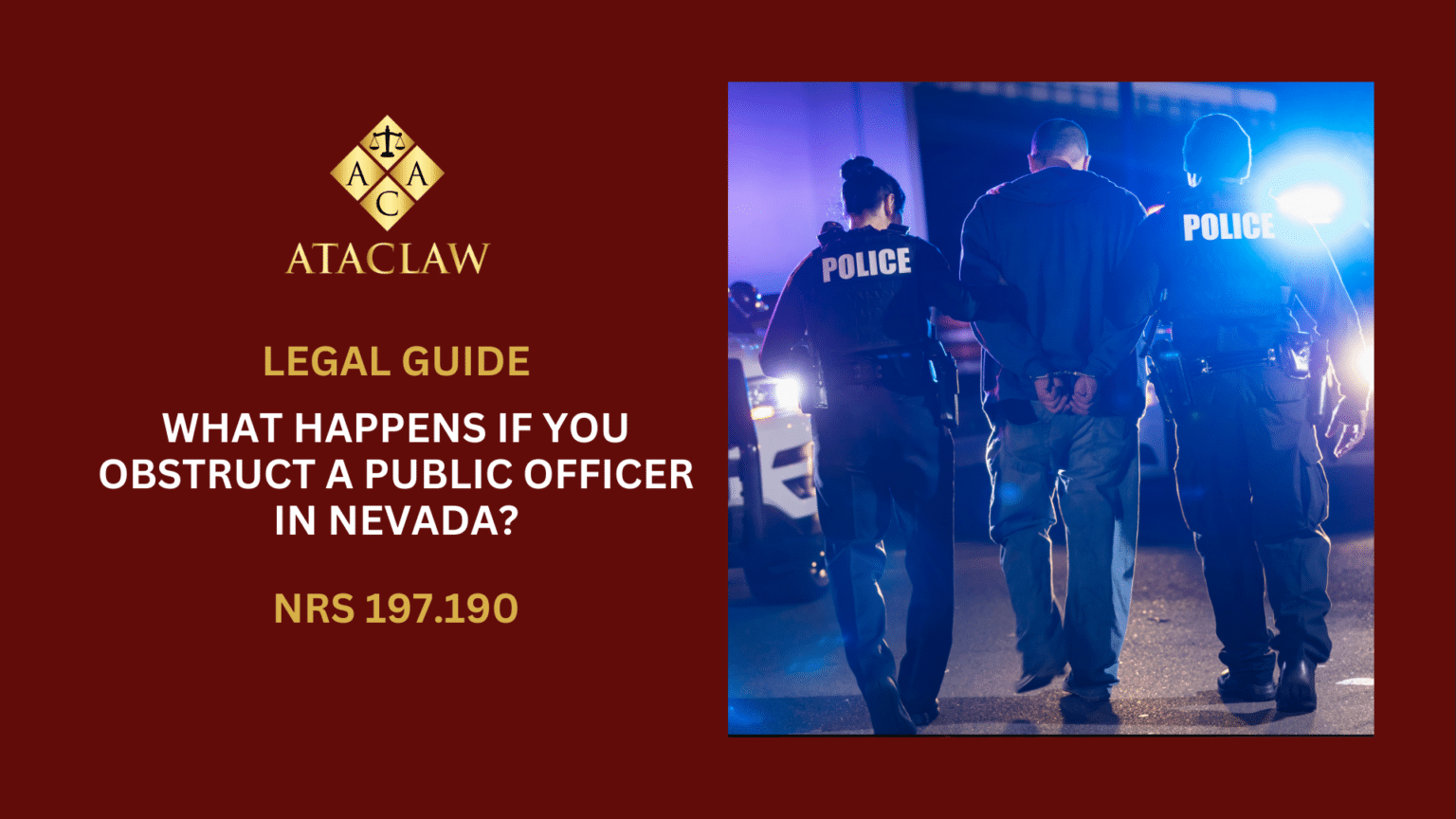In Nevada, child abuse encompasses actions that cause a minor—anyone under the age of 18—to experience unjustifiable physical pain or mental suffering. Today, we’re addressing an especially critical issue: understanding the complexities of child abuse charges under Nevada’s NRS 200.508 and exploring effective defense strategies.
How Is Child Abuse Defined and Addressed Under Nevada Law?
In Nevada, the definition of child abuse constitutes “intentionally causing a child under the age of 18 to experience unjustifiable physical harm or psychological distress.” This means that even if there was no deliberate intention to harm the child or break the law, conducting actions that lead to the child’s harm qualifies as child abuse. According to insights from a Nevada child abuse attorney, let’s consider a scenario:
Imagine someone named Alex in Las Vegas. Alex decides to discipline his child with a belt. However, Alex uses such force that it results in a severe spinal injury to the child. Despite Alex’s lack of intent to inflict such serious injuries, this action falls squarely under child abuse as defined by local law, highlighting the focus on the act rather than the intention behind it.
Nevada’s laws encompass various forms of abusive behaviors, including:
- Physical abuse
- Emotional abuse
- Sexual abuse/exploitation
- Neglect
- Endangerment
1. Physical Abuse and Legal Boundaries
Unlawful physical acts against a child in Nevada could include actions like hitting, kicking, pushing, burning, or any other act that inflicts unnecessary pain. Nonetheless, the state does acknowledge the legality of moderate physical discipline, distinguishing it from abuse.
For instance, consider a hypothetical situation where a young child named Jamie fails to clean their room, leading their caregiver, in frustration, to send Jamie to bed without an evening meal. If Jamie were to report this as starvation, legal authorities might initially respond with concern. However, upon understanding that Jamie was not deprived of other meals or care that day, the legal system would recognize the caregiver’s action as a form of non-abusive discipline, distinguishing it from actual child abuse.
Physical abuse in this context is identified by visible injuries, health issues, undue pain, or even permanent disfigurement, with medical records and expert testimony often central to proving abuse.
2. Shaken Baby Syndrome: A Grave Form of Child Abuse
Shaken Baby Syndrome (SBS), also recognized as Abusive Head Trauma, is a severe form of child abuse caused by violently shaking a baby, often in an attempt to silence their cries. This harmful action can result in significant physical and cognitive injuries and, in dire circumstances, may lead to the infant’s death. In Nevada, depending on the severity of the injuries or if the situation tragically results in death, individuals responsible for SBS may face charges of child abuse, murder, or attempted murder. The evidence crucial for substantiating SBS charges often includes indications of brain trauma and evidence of retinal hemorrhaging.
3. Abuse or Death of an Unborn Child: Navigating Legal Ambiguities
The legal landscape surrounding the abuse or fatality of unborn children in Nevada presents complexities. The law suggests a correlation between the gestational age of the fetus and the severity of legal repercussions for wrongful harm, implying more significant charges as the fetus nears viability (often illustrated by movement felt by the mother). Specifically, causing the death of an unborn child perceived as “quick” — an old-fashioned term hinting at the first movements felt by the mother — by harming the mother could lead to manslaughter charges. Nonetheless, the exact age a fetus is considered “quick” remains undefined, leaving room for interpretation.
Interestingly, Nevada law stipulates that a pregnant woman cannot be charged with child abuse for substance abuse during pregnancy, irrespective of the harm such substances may cause to the fetus. This specific exemption underscores the complicated balance lawmakers seek between protecting unborn life and respecting the rights and circumstances of pregnant women.
4. Emotional Abuse
Nevada identifies emotional abuse as behavior significantly harming a child’s intellectual, psychological, or emotional well-being, to the extent it impairs their normal function. This can include actions like verbal degradation, indoctrinating with harmful beliefs, or depriving the child of essential learning and social experiences. Considering its non-physical nature, proving emotional abuse is complex and typically relies on psychological evaluations and witness testimony.
5. Sexual Abuse: In Nevada, the legal age of consent is 16. Sexual abuse encompasses acts of sexual assault, incest, and lewdness against a child under 16. Nevada law strictly prohibits female genital mutilation, emphasizing the protection of children regardless of cultural practices.
6. Sexual Exploitation: This involves forcing a child into prostitution (sex trafficking) or using a child in the production or exhibition of pornography. Convictions of child abuse involving sexual misconduct carry more severe penalties.
7. Neglect
Neglect is failing to provide necessary care, including food, shelter, supervision, or education, for a child you’re responsible for. Unlike abuse, which involves harmful actions, neglect is characterized by harmful inaction. Nevada recognizes a nuanced notion of medical neglect but allows for non-medical treatments recognized by the medical community, provided they are chosen in good faith.
8. Medical Maltreatment
Nevada’s stance allows for alternative medical treatments under specific conditions but draws a line at neglect when a child’s immediate medical needs are ignored, potentially leading to allegations of neglect.
9. Neglect Resulting in Death
The distinction between deaths resulting from abuse versus neglect is significant. Deaths from abuse can lead to murder charges, whereas deaths from neglect, though severely punishable, do not constitute a basis for murder charges.
10. Endangerment
Child endangerment involves putting a child in harm’s way, whether physically or mentally. This can range from seemingly benign acts with dangerous potential, like driving a stolen car with a child inside, to knowingly exposing a child to abusive environments or hazardous conditions.
What are the consequences of charges under NRS 200.508?
In Nevada, the penalties for offenses related to child abuse, neglect, and endangerment can vary widely based on several critical factors. Understanding these factors can help shed light on the potential outcomes of such cases:
1. Intention versus Allowance
The legal system in Nevada differentiates between deliberate actions that lead to abuse and situations where abuse occurred due to the caregiver’s failure to prevent it. For instance, a caregiver who physically harms a child is likely to face a more severe penalty than one who fails to intervene when they know the child is at risk of harm from someone else.
2. Extent of Injury
The severity of the penalty increases with the gravity of harm inflicted on the child, whether it’s significant physical injuries or profound psychological impact. Substantial physical injuries could be things like severe burns or organ damage, whereas substantial mental harm includes serious conditions that affect the child’s emotional or intellectual well-being, like extreme anxiety disorders or major depression.
3. Sexual Abuse Involvement
Cases involving sexual abuse carry heavier sentences, and this does not necessitate penetration for the abuse to be deemed sexual. The law imposes stricter consequences to protect children from such profound violations.
4. Child’s Age
The age of the child also plays a crucial role, with harsher sentences typically reserved for cases involving victims who are 13 years old or younger, reflecting a heightened protective stance for younger children.
5. History of Abuse
Individuals with prior convictions for child abuse face more severe penalties, indicating the legal system’s stance on deterring repeat offenses and protecting the welfare of children.
What Are the Different Levels of Punishment for Child Abuse in Nevada?
Punishments for Willful Child Abuse Resulting in Harm
In Nevada, if the child abuse was committed willfully and caused significant physical or mental harm:
For Sexual Abuse of Children Under 13:
- It is treated as a category A felony.
- Punishments include:
- Life in prison with parole eligibility after 15 years.
- Potential registration as a Nevada Sex Offender.
For Non-Sexual Abuse:
- It can be classified as a category B felony.
- 2 to 20 years in Nevada State Prison.
Punishments for Willful Child Abuse Without Significant Harm
Where the abuse was willful but did not result in substantial harm:
For First-Time Offenders:
- Charged as a category B felony.
- 1 to 6 years in Nevada State Prison.
For Repeat Offenders:
- Sentences range from 2 to 15 years in Nevada State Prison.
Punishments for Allowing Child Abuse with Significant Harm
In situations where someone “allowed” the abuse to take place resulting in harm:
For Sexual Abuse of Children Under 13:
- Charged as a category A felony.
- Punishments include:
- Life in prison with parole eligibility after 10 years.
- Potential registration as a Nevada Sex Offender.
For Non-Sexual Abuse:
- Can be prosecuted as a category B felony.
- 2 to 20 years in Nevada State Prison.
Punishments for Allowing Child Abuse Without Significant Harm
When an individual “allowed” abuse without substantial harm occurring:
For First-Time Offenders:
- May be prosecuted as a gross misdemeanor.
- Punishments include:
- A fine up to $2,000 and/or
- Up to 364 days in jail.
For Repeat Offenders:
- Prosecuted as a category C felony.
- Punishments include:
- 1 to 5 years in Nevada State Prison, and
- Possibly a fine up to $10,000.
Plea Bargains and Probation
District Attorneys are usually hesitant to offer plea deals in cases involving severe injuries. However, depending on the circumstances:
- Charges could be reduced to battery or contributing to the delinquency of a minor.
- The judge may consider probation instead of jail time.
- If there are weaknesses in the evidence, there’s a possibility for dismissal.
Can Child Abuse Lead to Deportation for Non-Citizens?
Yes, child abuse is recognized under immigration law as a basis for deportation. Consequently, the Department of Homeland Security has the authority to deport individuals who are not U.S. citizens if they have been convicted of child abuse offenses.
It’s crucial for non-citizens facing such charges to seek legal representation from attorneys well-versed in both immigration and criminal defense. This action is essential as there may be opportunities to negotiate the charges down to offenses that don’t carry the risk of deportation.
How Can You Effectively Defend Against Child Abuse Charges?
When accused of child abuse in Nevada, understanding your legal defenses is crucial for a favorable outcome.
Accidental Causes
In situations where the child’s injury was accidental and not due to negligence, this can form a solid defense. Activities that commonly lead to injuries include:
- Falls: These could be from bicycles, stairs, or trees.
- Sports Injuries: Occurrences like being hit with sports equipment or during rough play are common.
- Household Accidents: Such as getting hands caught in doors or windows.
For instance, in a case where “Michael Becker” represented “Kevin R.,” accused of “shaken baby” syndrome, a successful defense argued that the child’s injuries were from an accidental fall, leading to an acquittal.
Defending Against Aggression
It’s understood that in some scenarios, adults may need to defend themselves from violent behavior by children or teens. Nevada law allows for self-defense provided that:
- The adult believed there was a real threat of being harmed.
- The force used was only enough to prevent that harm.
Witness statements can support claims that the adult was not the aggressor and acted within their rights under self-defense laws.
Countering False Allegations
Children might make false accusations due to various motivations. A defense team can investigate and challenge these claims through:
- Investigation: Delving into the circumstances leading to the accusation.
- Expert Testimony: Medical experts analyzing injuries to determine their cause.
This strategy helped discredit allegations in cases where motivations for false accusations included seeking attention or malicious intent from another parent.
Distinguishing Discipline from Abuse
Nevada law acknowledges the right of parents to discipline their children. However, distinguishing between acceptable corporal punishment and abuse is essential. Evidence such as witnesses or video footage can help demonstrate that disciplinary actions didn’t cross the line into abuse.
Medical Treatment Decisions Made in Good Faith
Parents are not always liable for the outcomes of medical decisions made in good faith, especially when symptoms are misinterpreted. Legal defenses can include:
- Demonstrating the reasonableness of non-medical treatments pursued under Nevada law.
- Expert testimony on the parent’s decision-making in the child’s best interest.
Harm Caused by Others
Cases where harm comes from someone other than the parent, such as relatives, can absolve the parent of abuse charges if unaware of the threat.
No Harm Proven
If it can be demonstrated that the alleged actions did not result in physical or emotional harm to the child, this significantly undermines the foundation of the abuse charges. This might involve medical testimony or eyewitness accounts.
While these strategies offer avenues for defense, it’s crucial to consult with a legal professional who can tailor a defense to the specifics of your case. Skilled representation can make a critical difference in contesting child abuse allegations in Nevada.
How Do Police Conduct Arrests in Child Abuse Cases?
When allegations of child abuse arise, arrests often begin with 911 calls from victims or witnesses. Additionally, in Nevada, Child Protective Services (CPS) might receive anonymous or professional tips about potential abuse or neglect.
Upon receiving a report, CPS evaluates the evidence and, if they find reasonable cause to believe abuse or neglect has occurred, they will classify these findings as “substantiated.” Following this, CPS will inform local law enforcement, which often leads to the child being removed from the environment in question. Law enforcement may then arrest the suspected individual and book them into the local jail, where they might be held until bail is set by a judge.
It’s important to note that under the Child Abuse Prevention and Treatment Act (CAPTA), professionals like teachers, doctors, therapists, and clergy are mandated to report any suspected cases of child abuse or neglect directly to Nevada’s CPS. These reports can also be made anonymously, and those reports aren’t required to provide proof of the allegations.
With these steps, the legal system aims to ensure quick and effective responses to protect children in potentially harmful situations.
Is Court Attendance Mandatory in Nevada Child Abuse Cases?
The necessity of appearing in court in Nevada largely depends on whether you choose to retain private legal representation. If you opt not to hire a lawyer, you will be required to attend all court proceedings. Failure to appear can result in the judge issuing a bench warrant for your arrest.
On the other hand, securing the services of a Nevada-based attorney usually allows you to be absent from most court appearances, especially if the case is settled before reaching specific critical points:
- For gross misdemeanors or felony charges, your presence would typically be required at the preliminary hearing.
- For misdemeanors – though child abuse is not charged merely as a misdemeanor – you would need to appear at the trial.
However, should your case proceed to either a preliminary hearing or a trial, your attendance will be mandatory.
Nevada judges often accommodate individuals who have work commitments or reside out of state. With a local attorney representing you, the need to be physically present in court is greatly reduced, providing additional flexibility for those managing personal and professional responsibilities.
Is It Possible to Seal a Child Abuse Case Record in Nevada?
In Nevada, the ability to seal a child abuse case hinges on the specifics of the conviction, particularly when it involves severe charges such as sexual abuse or exploitation, which are ineligible for sealing. The timeline for sealing records varies based on the severity of the offense:
- For Category B or C felony convictions related to child abuse, individuals may apply to seal the records five years after the case has been concluded.
- In instances of gross misdemeanor convictions for child abuse, the records can potentially be sealed two years post-case closure.
Should the charges be dismissed, the opportunity to seal the record becomes immediately available.
It’s also important to note the role of the Nevada Central Repository, which keeps detailed records of substantiated child abuse or neglect incidents. Employers in Nevada can perform a Child Abuse and Neglect check (CANS check) under specific conditions:
- A CANS check is permissible only with written permission from you, the job applicant.
- The employer must either be legally obligated to conduct such a check or the prospective position involves regular interaction with children or the elderly.
Understanding these stipulations is crucial for those looking to navigate the record sealing process or contemplating employment opportunities in sectors that prioritize the safety of vulnerable populations.
Can You Be Extradited for Child Abuse Charges in Nevada?
Indeed, individuals accused of child abuse who leave Nevada can be detained and extradited back to the state. Should you find yourself arrested in another state on charges originating from Nevada, you’ll face two options:
- Consent to extradition and return to Nevada voluntarily, or
- Choose to stay in the state where you were arrested (referred to as the “asylum state”) and contest the extradition process.
For those opting to challenge extradition, you are granted a hearing. At this hearing, your defense generally revolves around two main arguments:
- The governor’s warrant demanding your extradition is not legally valid.
- You are not the individual named in the governor’s warrant seeking your extradition.
It’s important to recognize that extradition laws vary significantly across the United States. Some states, like Hawaii and Florida, may allow suspects to post bail while awaiting extradition proceedings, while others, such as California, typically do not offer this option. Understanding the nuances of these procedures is essential for anyone facing extradition, especially in cases relating to child abuse charges.
What Are the Penalties for Child-Related Offenses in Nevada?
Nevada has established strict laws to protect minors from various forms of harm and endangerment, beyond the confines of NRS 200.508. High on the list of punishable offenses are activities like possession of child pornography, statutory rape, providing alcohol to minors, and leaving a child alone in a vehicle under unsafe conditions.
Possession of Child Pornography
In Nevada, it’s illegal to possess child pornography that involves individuals under sixteen years of age. For a first-time offender, this act is classified as a category B felony, with penalties including:
- A prison sentence ranging from one to six years in Nevada State Prison,
- Potential fines up to $5,000.
For any subsequent offense, the charge escalates to a category A felony, which could result in:
- A sentencing ranging from one year to a lifetime in prison, with parole possibility,
- Possible fines up to $5,000.
Statutory Rape (“Statutory Sexual Seduction”)
Nevada’s statutory rape laws are designed to protect minors from sexual encounters with adults. An adult aged eighteen or older involved with a fourteen or fifteen-year-old, provided there’s a minimum four-year age gap, faces serious charges. Over twenty-one offenders can expect category B felony charges, including:
- One to ten years in Nevada State Prison,
- Possible fines up to $10,000.
For those under twenty-one, it’s considered a gross misdemeanor, potentially leading to:
- Up to 364 days in jail,
- Fines up to $2,000.
Providing Alcohol to a Minor
Giving or selling alcohol to individuals under the age of 21 is a misdemeanor offense in Nevada, excluding exceptions like parental, medical, or guardian consent. The penalties include:
- Up to six months in jail,
- Fines up to $1,000.
Leaving a Child Unattended in a Vehicle
It’s unlawful to leave a child under eight years old alone in a car if conditions pose a risk (e.g., extreme heat) or if the vehicle is running. If the child remains unharmed, this act is categorized as a misdemeanor, with consequences like:
- Up to six months in jail,
- Up to $1,000 in fines.
However, if harm comes to the child, the act could be prosecuted under child endangerment laws, illustrating Nevada’s comprehensive approach to safeguarding the welfare of minors against an array of detrimental circumstances.
For further legal assistance and to discuss your case with an expert, don’t hesitate to contact ATAC LAW.




